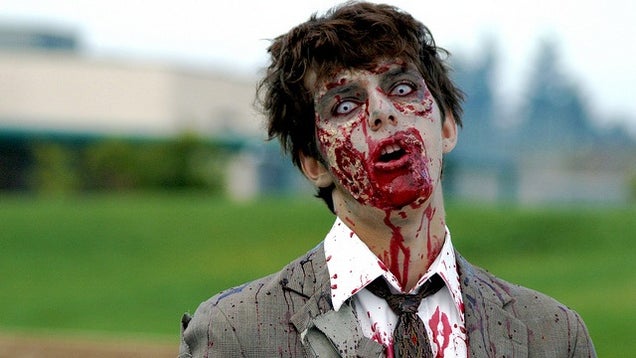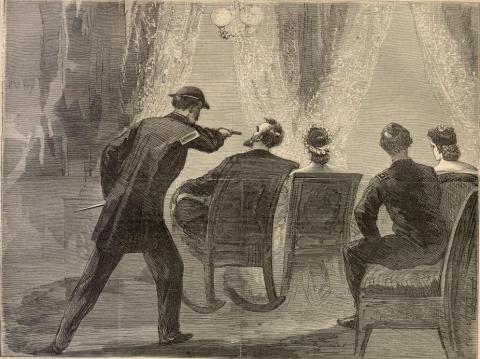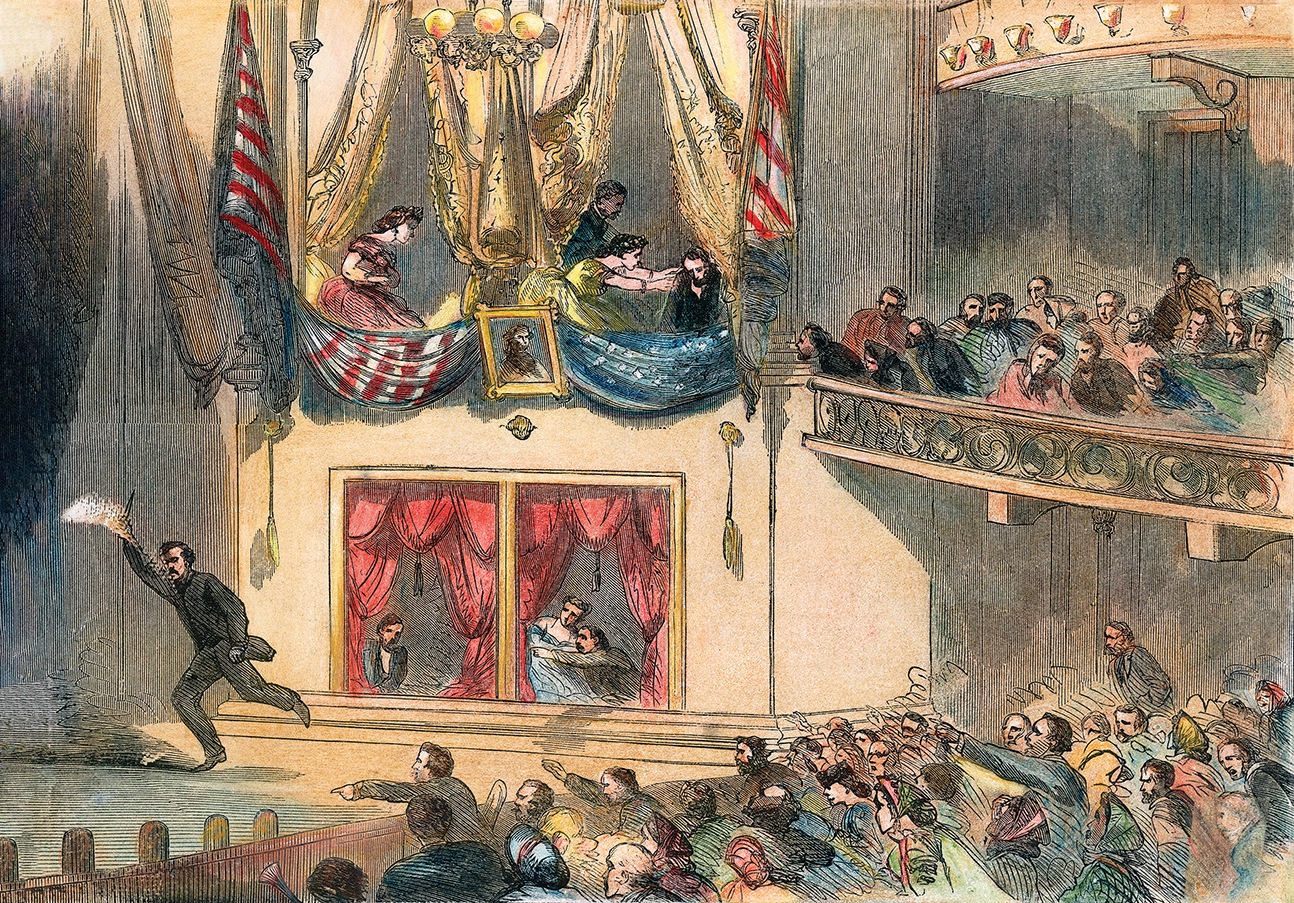Assuming that you survive the zombie apocalypse, here's something else to consider.
Adam Chodorow, a professor at Arizona State University's Sandra Day O'Connor College of Law, authored the paper "Death and Taxes...and Zombies". Here's the abstract:
The U.S. stands on the precipice of a financial disaster, and Congress has done nothing but bicker. Of course, I refer to the coming day when the undead walk the earth, feasting on the living. A zombie apocalypse will create an urgent need for significant government revenues to protect the living, while at the same time rendering a large portion of the taxpaying public dead or undead. The government’s failure to anticipate or plan for this eventuality could cripple its ability to respond effectively, putting us all at risk.
This article fills a glaring gap in the academic literature by examining how the estate and income tax laws apply to the undead. Beginning with the critical question of whether the undead should be considered dead for estate tax purposes, the article continues on to address income tax issues the undead are likely to face. In addition to zombies, the article also considers how estate and income tax laws should apply to vampires and ghosts. Given the difficulties identified herein of applying existing tax law to the undead, new legislation may be warranted. However, any new legislation is certain to raise its own set of problems. The point here is not to identify the appropriate approach. Rather, it is to goad Congress and the IRS into action before it is too late.
After laying out the differences between different zombie types — notably the difference between zombies under the power of others and self-motivating zombies — Chodorow examines the various tax implications of zombification. He goes through the various reasons why a zombie may or may not be considered the same person it was prior to death, noting that a person's transformation into a raving cannibal with no heartbeat might not be enough to consider them legally deceased:
...[I]t seems a stretch to conclude that those who transform seamlessly into zombies should be considered dead. They never lose heart or brain function, though they now function quite differently from before. While it might be tempting to declare them dead, significant line-drawing problems would arise as one tried to distinguish between zombies and those who have suffered some mental or physical breakdown. Put differently, were such zombies to be considered dead because they suffered a personality change, physical disability, or decreased brain function, the door would be open to declaring dead a wide range of people currently considered to be alive.
He also tackles other tricky aspects of zombification: whether a person is still considered married if their spouse has become undead, the administrative problems of resurrecting dead social security numbers, and the difficulty many zombies would likely have in filling out income tax forms.For instance, someone who suffers a stroke and loses the ability to speak, walks with a shuffle, and undergoes a significant personality change is clearly alive under any existing state standard. Similarly, someone with Alzheimer's or in a vegetative state, whose brain stem alone survives, is considered alive. It would be inconsistent to classify those people as alive, while at the same time classifying those infected by a zombie virus as dead. One difference may be that those afflicted by strokes would likely not develop an overpowering hunger for brains. However, developing a taste for brains cannot be the determinant of whether someone is dead or considered a zombie. The members of numerous aboriginal tribes and Hannibal Lecter practiced cannibalism and would not qualify as either dead or zombies.
Read the whole thing. Here's an example of a footnote:
Count Chocula has clearly made a killing on his cereal, and rumor has it that even the Count Who Counts is loaded. While harnessed to the greater good of teaching children to count, it turns out that the Count's OCD-like fascination with numbers turns out to be typical of vampires. See BARBER, supra note 76, at 49 (describing a tradition where people placed bags of grain near a suspected vampire's grave on the theory that the vampire would be compelled to count all the grains, thus occupying the vampire through the night and precluding other, less socially beneficial activities). Batman is also well off, owning a mansion, the bat cave, and all the great toys at his disposal. However, all evidence suggests that he is not a vampire, just some guy who likes to dress up in tights and pretend to be bat-like.More here and here, via io9.




